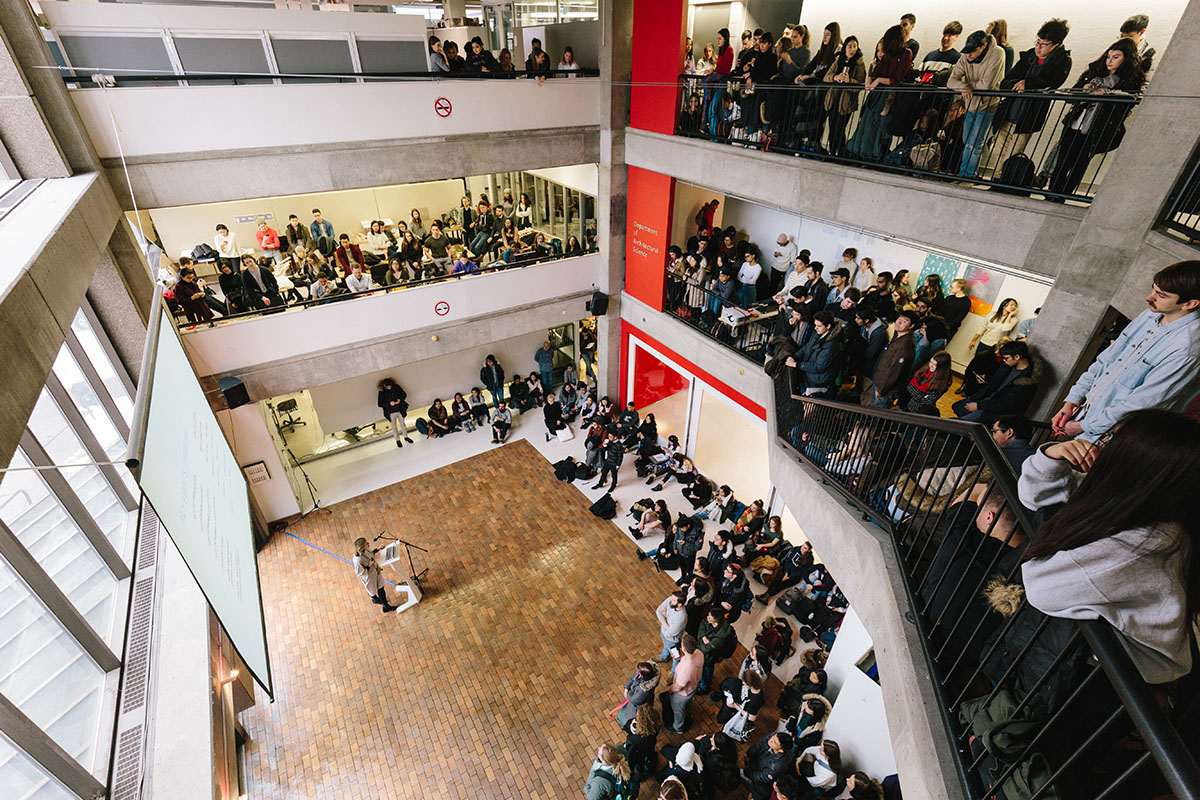About

At Toronto Met’s Department of Architectural Science (DAS), we solve real-world problems through design and building expertise. Because of our interdisciplinary structure, our students have a deep understanding of every stage of the projects they undertake—from design, to detail, to delivery.
DAS is the only school in Canada that integrates architecture, building science and project management. Our faculty are widely recognized for their rigour, diverse experience and creative teaching approaches. They generate impact by applying their expertise to pressing social, cultural, economic, health and environmental challenges via the following areas of scholarly research and creative activity:
- Architectural practice
- Architecture and culture
- Energy efficiency
- High performance systems/enclosures/materials
- Managing construction projects
- New media and the virtual world
- Sustainable buildings
Our talented undergraduate and graduate students take advantage of our extensive theoretical, technological and experiential learning opportunities. They are passionate about issues such as the challenges of urbanization, globalization, sustainable design and social housing, and are highly valued by the profession when they graduate. Many go on to establish careers with well-known international firms such as BIG, Shigeru Ban Architects, Turenscape and Transsolar, or local firms such as Raw Design, Diamond and Schmitt Architects, and Moriyama & Teshima.
The program in architecture at Toronto Metropolitan University is fully accredited, for a six-year term, by the Canadian Architectural Certification Board (CACB).
History of DAS






Our People
Our Mission
Deliver high-quality programs that equip graduates for success by integrating architecture, building science, and project management, and providing exceptional collaborative and experiential learning opportunities.
Prepare forward-thinking professionals for effective leadership roles in the Architecture, Engineering and Construction (AEC) industry and related fields by cultivating critical thinking, creative innovation, and interdisciplinary engagement with diverse contexts.
Champion an integrated and adaptive approach to architecture as a social, technical, environmental, political, and culturally responsive practice that addresses complex global challenges and evolving societal needs.
Cultivate an inclusive environment of diverse perspectives and scholarly, research and creative activities, wherein everyone is respected and enabled to thrive.